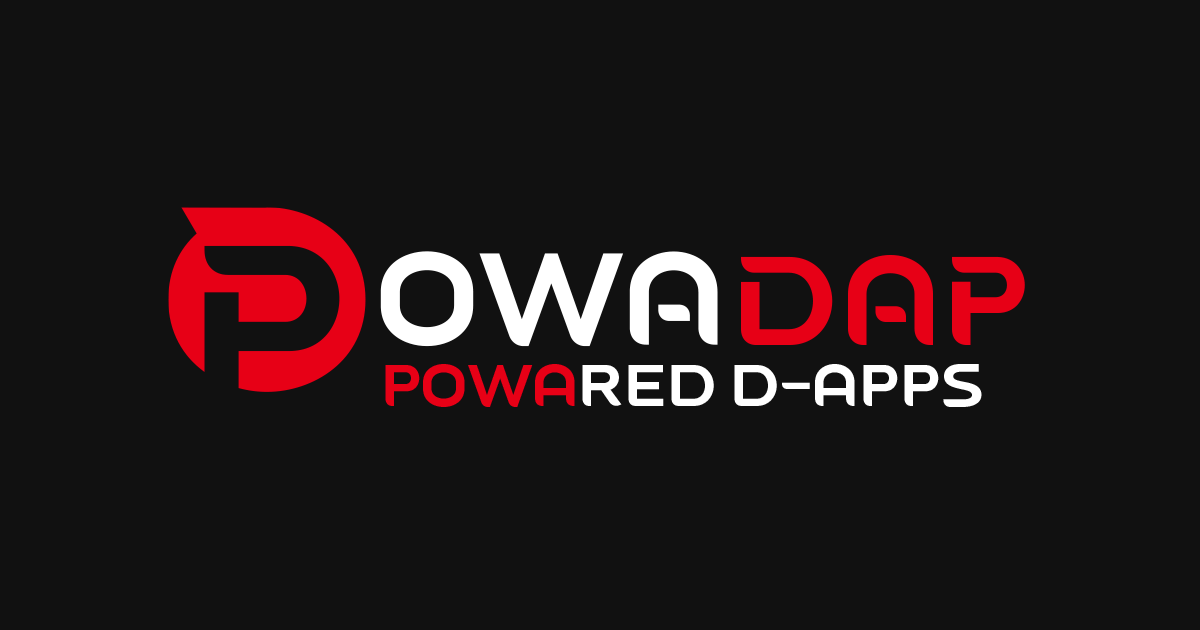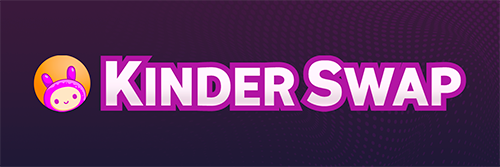Hello community!
Some time ago, the idea arose to experiment with tokens that also work with internal dynamics in their contract, from here we opened a range of possibilities and ideas that can be experimented with to test their operation in test environments, such as in real markets. This can give us new approaches and features to implement in the decentralized Software as a Service platform I am working on (PowaDAP). This is where the following prototype we have planned to test in a real market environment comes into play:
The Luder protocol is a prototype for creating decentralized and automatic lottery dynamics tokens.
The overall objective is the evaluation of adoption in the implementation of a protocol based on the ERC-20 standard with integrated lottery functionality. This new protocol allows the integration of an automated lottery in the same token contract, making it a useful and versatile tool for any project that wants to use a lottery as part of its monetization or user loyalty strategy.

The Token works by charging a fee on purchases and sales, which is automatically exchanged for ETH/BNB and distributed to a sub-contract that stores those funds for the lotteries (this secondary contract is managed by the main contract). When a user sends or receives tokens, their balance is evaluated and it is determined if they have the minimum required to participate, adding or removing them from a list. The token contract also evaluates the ETH/BNB balance of the lottery sub-contract and if it exceeds the minimum amount for the execution of a lottery, the token contract calls a random selection function to determine a winner and send the funds from the lottery sub-contract. Greater security is provided in the matter of randomness using the Chainlink VRF2 system.
For more detailed information you can visit the official project website:
https://luderprotocol.com/
Greetings!








8 Responses
Very good 👍 thanks …